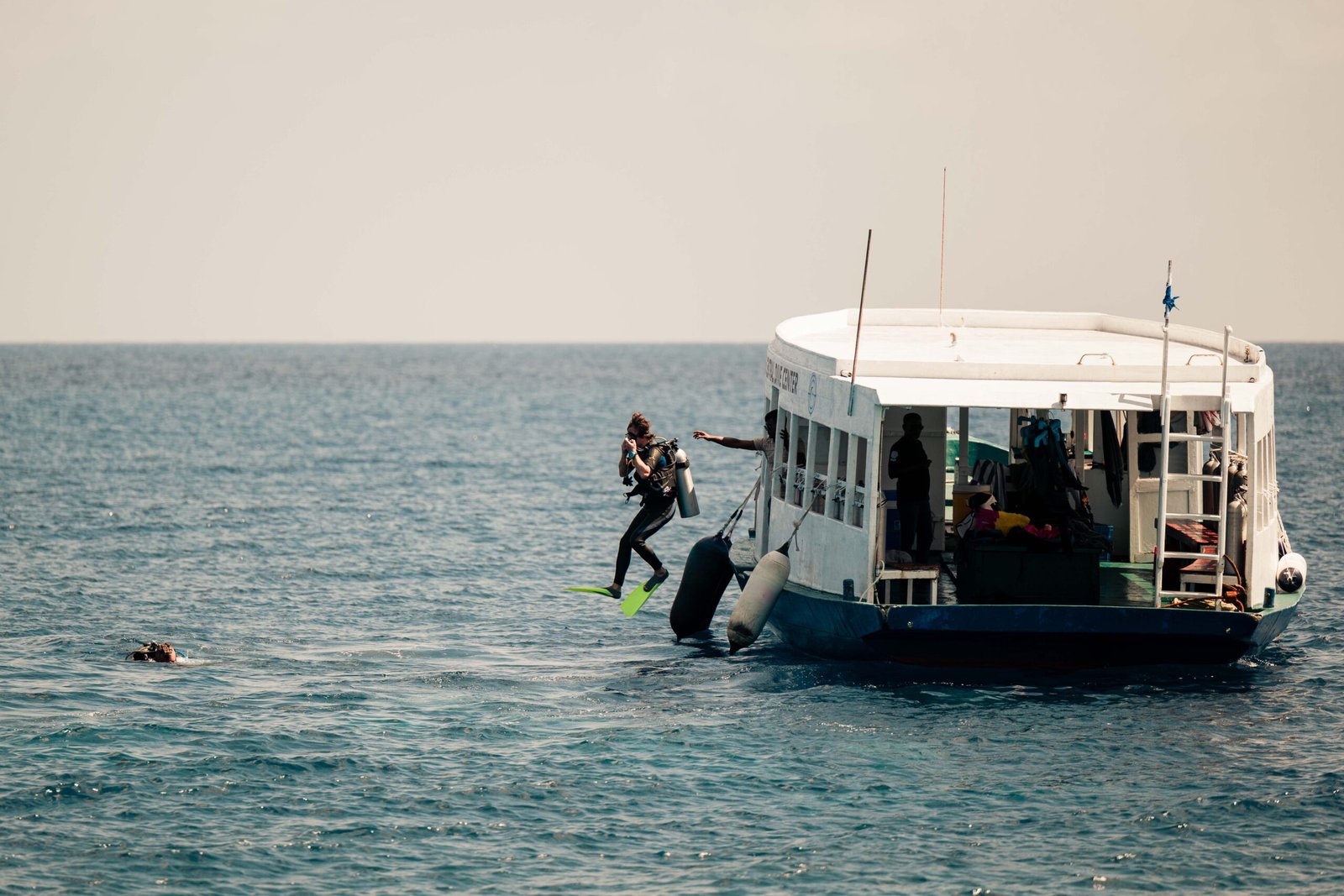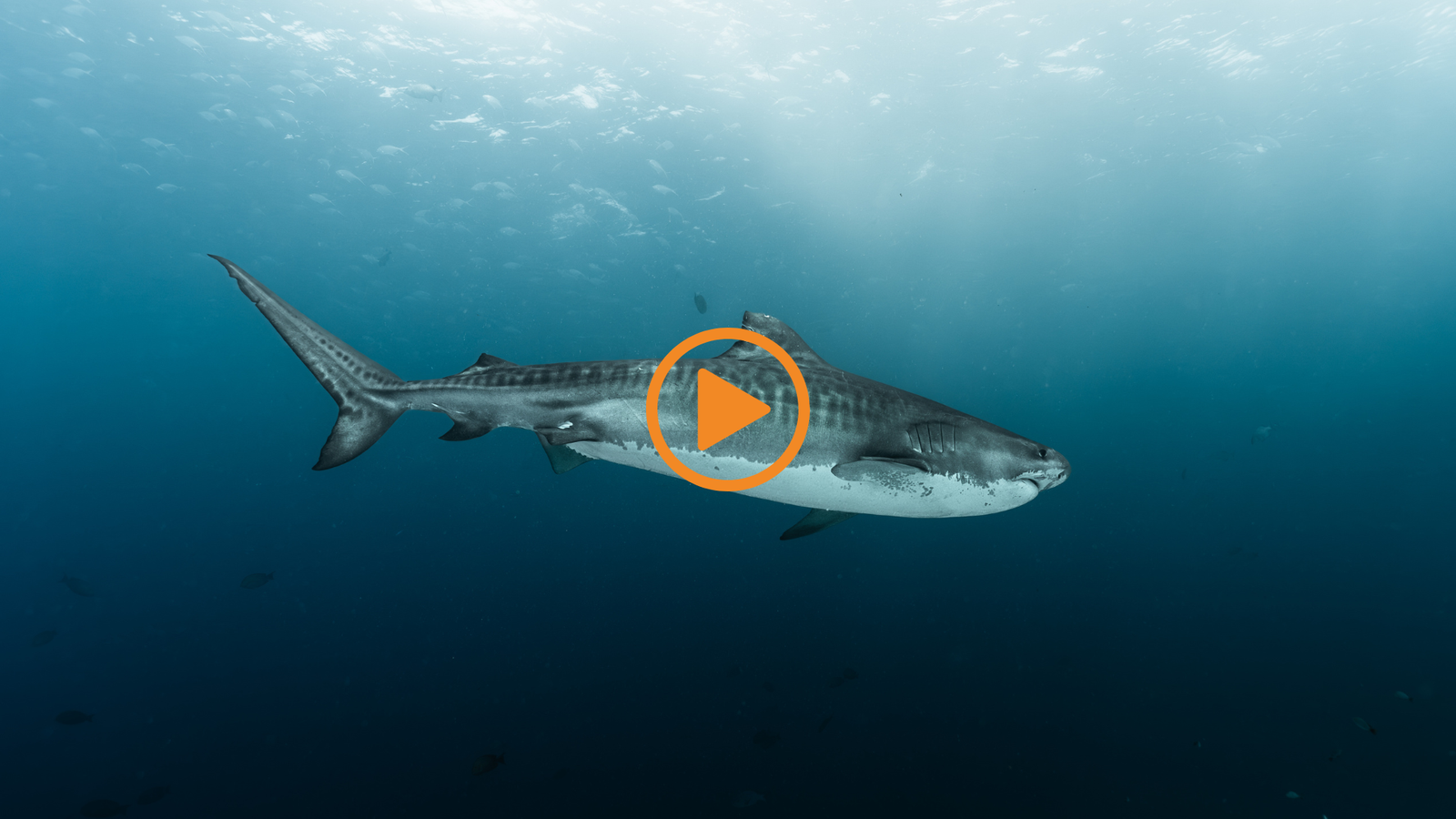blog details

- Marine Life
Beginner’s Guide to Scuba Diving: Everything You Need to Know
Diving opens up a whole new world, literally. Whether you’ve been dreaming of exploring coral reefs, encountering marine wildlife, or simply experiencing the calm of the deep, scuba diving is one of the most rewarding adventures you can begin. This guide will walk you through everything you need to know as a beginner, from certifications to equipment and what to expect on your first dive.
Why try scuba diving?
Scuba diving offers a sense of freedom and exploration unlike anything else. From colourful reefs to curious sharks, it allows you to experience nature from an entirely new perspective. Many people also find diving to be deeply meditative, with the sound of your breath and the vast blue surrounding you creating a powerful sense of peace.
Do you need a certification?
Yes, to dive safely and responsibly, you need to be certified. The most common entry-level course is the PADI Open Water Diver certification, which includes a mix of theory, confined water practice, and open water dives. You can typically complete it in 3 to 5 days.
Other popular organisations besides PADI include SSI (Scuba Schools International) and NAUI (National Association of Underwater Instructors). Once certified, you can dive up to 18 metres (60 feet) deep and join most recreational dives worldwide.
What Equipment Do You Need?
As a beginner, you don’t need to buy everything right away. Most dive schools provide rental gear. Here’s the basic equipment you’ll use:
Mask & snorkel: So you can see and breathe at the surface
Wetsuit: Keeps you warm and protects your skin
BCD (Buoyancy Control Device): Helps you float or sink
Regulator: Allows you to breathe from the tank
Fins: Let you move efficiently through the water
Dive computer or depth gauge: Tracks time and depth
Is It Safe?
Yes, diving is very safe when done responsibly and under proper instruction. All training includes emergency procedures, safety checks, and conservative dive planning. As a beginner, you’ll always be accompanied by a certified professional.
It’s also important to be honest about your health. Most people can dive, but if you have conditions like asthma, epilepsy, or heart problems, you may need medical clearance.
Final Tips for New Divers
Don’t rush. Relax and enjoy the learning process.
Ask questions. Your instructor is there to help.
Equalise your ears early and often during descent.
Stay hydrated and avoid alcohol the night before diving.
Log your dives to track your progress and memories.
share

Why People Love Us For Adventures?
I was looking for an affordable travel package. I came online to research thoroughly and I am lucky enough to find WiseTrips. They arranged a wonderful trip for me at an affordable price.

Zinder Whiteman
CEO, Marvely
WiseTrips is a super friendly travel agency. They provide everything you might need on the trip. I am grateful that they have made my vacation something to remember for a long.

Kelly Wiliams
Director, Martly
